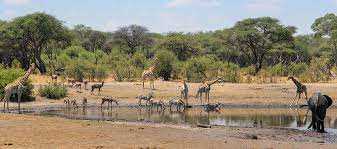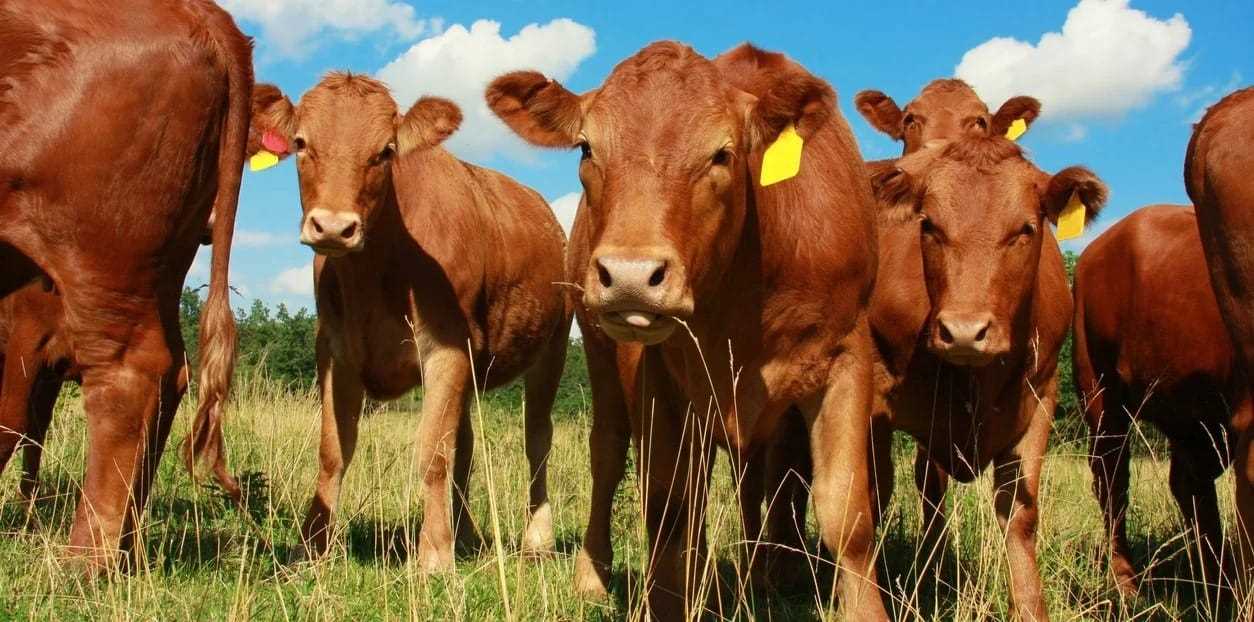
…urges equipping communities with skills to mitigate, prevent wildlife crime
Audrey Galawu
The Zimbabwe Environmental Law Association has said menial penalties for wildlife poachers encourages them to repeat the crime, citing the need for urgent look into the existing legal frameworks.
In a statement, the incident underscores the persistent activities of poaching within Zimbabwe, indicating an ongoing and pressing issue that demands immediate attention.
ZELA notes that the leniency raises concerns about the effectiveness of the existing legal framework in discouraging such activities and highlights the need for critical reevaluation of the penalties associated with these offences.
“Ironically, this incident should also serve as a reminder to legislators and responsible authorities about the agency to expedite the review process of the Parks and Wildlife Act, the principal wildlife legislation in the country mandated with combating elephant poaching and other wildlife crimes.
“The provisions pertaining to the unlawful hunting of elephants or the illicit removal of meat from elephants are currently accompanied by sentences that regrettably lack the necessary deterrent impact. Specifically, in cases of hunting offences of species not classified as specially protected, within various categorised protected areas, the penalties prescribed consist of either a fine, imprisonment.
“This further underscores the urgent requirement for the country to promptly develop and implement comprehensive wildlife legal instruments that are robust enough to effectively combat and deter the poaching of wildlife resources.
Zela added that the poaching crisis emerges as a tough threat to elephants and wildlife resources both in Zimbabwe and globally.
Related Stories
“Tragically, poaching is intricately linked to illicit wildlife trade, posing a severe danger to the survival of the iconic species. If not promptly addressed, the repercussions could result in a significant decline of elephant populations pushing these iconic majestic creatures toward the brink of extinction.
“The recent poaching incident involving six elephants in the Gwayi-Shangani Conservancy unfolds against a backdrop of escalating illegal wildlife trade and wildlife crimes worldwide. This incident is reminiscent of a tragic event in 2013 when over 80 elephants were poisoned in Hwange National Park, Zimbabwe largest game reserve.
“ZELA recognises the pivotal role played by law enforcement agents, in combating poaching and wildlife crimes and we understand that their efforts alone cannot eradicate poaching. The fight against poaching demands resilience and collaboration from all stakeholders interested in protecting elephants and wildlife resources in Zimbabwe.
“We acknowledge that communities serve as the primary line of defence against poaching and wildlife crimes. Consequently,” the organisation further said.
ZELA continues to call upon further investment by government, private actors, and civil society in implementing various initiatives to equip communities with the necessary skills to mitigate and prevent wildlife crime while promoting conservation of the wildlife resources.
ZELA is collaborating with other community-based organisations and non-governmental organisations in fighting poaching and wildlife crimes.
In 2022, a total of 36 key wildlife animals were poached in 2022, consisting of 25 elephants, seven rhinos and four lions.
A total of 167 poachers were convicted in the same year.




















Leave Comments